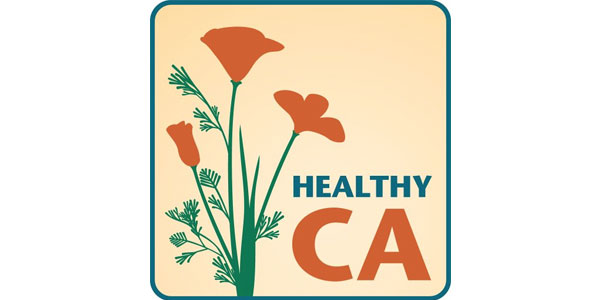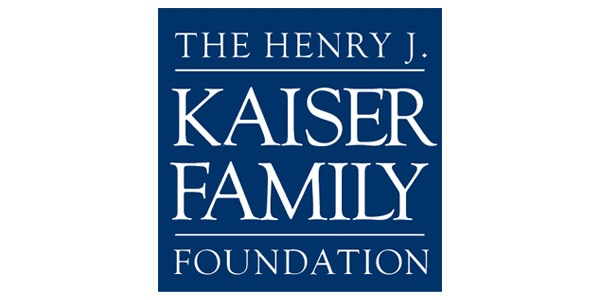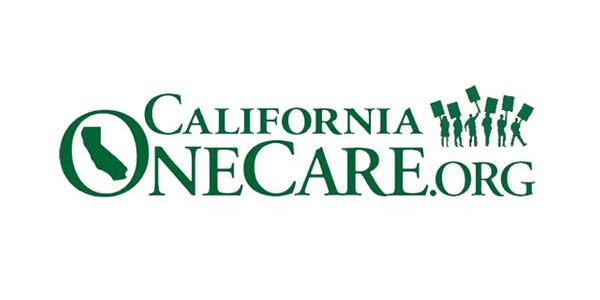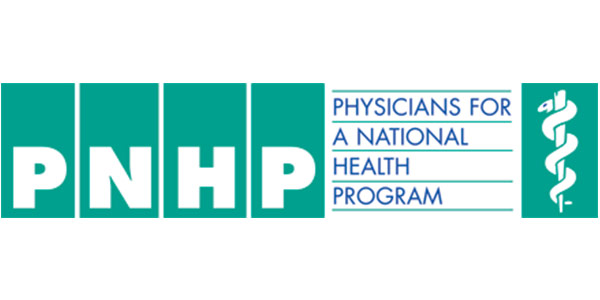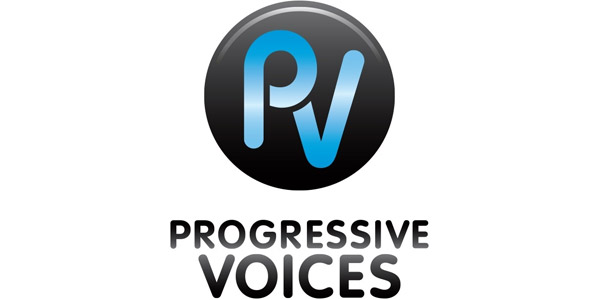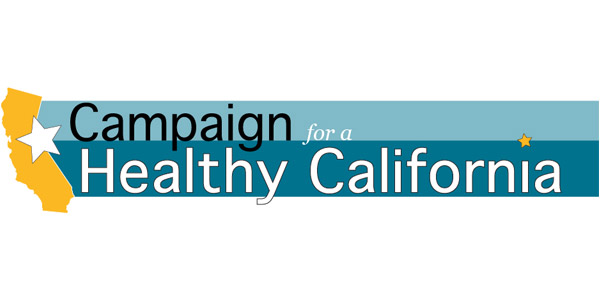Nurses: Is it Stress, Burnout, or Compassion Fatigue?

Stress—Life’s Storms
Stress is a naturally occurring phenomenon in the life of a nurse. As a nurse, you regularly witness the pain and suffering of others. You work under demanding conditions in stressful environments. Staffing issues, budgetary constraints, and regulatory scrutiny complicate the care you provide.
Stress is like a storm—anything from a quick cloudburst to a hurricane. Like storms, stress follows a predictable life cycle—there is a preparation phase, a time to “ride out the storm”, and a recovery phase. All storms eventually pass.
To prepare for life’s storms build your support network, practice authentic self-care, and study stress management strategies. During the storm, use your resources, implement your survival skills, and ask for support. After the storm, survey the damage, recover, and prepare for the next storm.
Bonnie is a staff nurse working on a busy medical-surgical floor. After arriving at work this morning she learned she would be in charge and that one of the nurses had called in sick. Another nurse on the unit snapped at Bonnie, “I am tired of working short, what are you going to do about it?” Bonnie immediately implemented her conflict resolution and time management skills. Next, she called the nursing supervisor and asked for help. Bonnie effectively managed “the stress of the day.” After work, Bonnie was able to “let go” of her stress—she went to her yoga class and soaked in a warm bubble bath.
Burnout—a Destructive Forest Fire
The metaphor of a forest fire for burnout describes the destructive depletion of life-sustaining resources. Burnout is the frustration, loss of interest, decreased productivity, and fatigue caused by overwork and prolonged stress. The potential consequences of burnout are emotional distress, physical illness, and interpersonal conflict. In the workplace, burnout leads to low morale, high absenteeism, high turnover rates, and occupational injuries.
Just as most forest fires are preventable—burnout is preventable. Protection and conservation of your precious resources is the key to burnout prevention. Your primary resources are your time and energy.
Anthony is a critical care nurse; he has recently moved into his dream home with his wife Marie and their two children. Anthony began working extra shifts at another hospital six months ago to offset their moving expenses. Anthony spends most of his time off working on his endless to-do-list of home improvement projects. Marie is concerned —Anthony no longer has time for their regular “date night” or the energy to play with his children. Anthony’s nurse manager has noticed a decline in his attitude and the quality of his work. Anthony is burning out.
Anthony began working with a life coach. His initial goal was to “learn how to get more things done”. His coach guided Anthony as he modified his plan; Anthony’s new goal is creating work-life balance. Anthony began by clarifying his values and priorities. Next, he developed a sustainable self-care plan. Anthony has cut back to working occasional extra shifts and is developing a realistic timeline for his home improvement projects. In addition, he has resumed his “date nights” with Marie and regularly arranges “play dates” with his children. His nurse manager recently remarked, “I am happy to see the old Anthony back again.” He is confident that she will like “the new Anthony” even better.
Compassion Fatigue—a Barren Desert
Compassion fatigue can feel like being lost alone in a barren desert. Fighting for your survival drains your depleted energy and scarce resources. You need help and hope as you find your way through the desert.
Compassion fatigue, also known as secondary post-traumatic stress disorder, is emotional, physical, and spiritual exhaustion from witnessing and absorbing the problems and suffering of others. Compassion fatigue most often affects caring self-sacrificing individuals prone to neglecting their self-care. The symptoms of compassion fatigue include despair, hopelessness, numbing, apathy, cynicism, anxiety, depression, hypervigilence, sleep disturbances, accident proneness, somatic complaints, decreased work performance, and exhaustion.
Recovery from compassion fatigue is complex and individualized. If you suspect you may be suffering from compassion fatigue, please tell those closest to you and consult your health care practitioner or a mental health professional.
Monique is having trouble getting out of bed in the morning—she feels severely fatigued and depressed. Monique desperately tries to hide her symptoms at work. She doesn’t know how she will “make it through another day.” Monique has been a nurse for over twenty years; in that time, she has consistently put the needs of others before her own needs. Caring for her terminally ill mother naturally fell on her shoulders, as “the nurse in the family”. Lately, Monique’s symptoms have become unmanageable and undeniable.
Monique’s recovery began by overcoming her denial. After seeking the support of a mental health counselor, she requested a family medical leave from her work. Her counselor is helping her to establish a self-care routine, set healthy boundaries, and to mobilize her resources. Monique asked her siblings to help care for her mother; together they have arranged for hospice care. Monique knows that her recovery will be a slow process—she no longer feels alone.
Whatever your status—transient stress, burnout, or compassion fatigue—there are countless strategies and resources available to you. We become stronger when we help our selves and each other.
Do you suffer from compassion fatigue? Have you overcome compassion fatigue? Leave a comment below sharing your experiences.
![]() This article was shared with us by NurseTogether.com.
This article was shared with us by NurseTogether.com.
Based in Charlotte, NC, NurseTogether.com is one of the fastest-growing, free online professional communities for nurses. Specializing in unique nursing lifestyle, career and professional development information, NurseTogether.com’s mission is to empower the nursing community through top-quality original content from experts, interactive web-based social media tools, and value-added services through key strategic partnerships in a variety of nursing and lifestyle disciplines.




